Are you planning a solo adventure? Traveling alone can be an incredibly rewarding experience, but navigating unfamiliar territory can also be stressful, especially when it comes to budgeting. Fortunately, there are simple steps you can take to manage your finances and enjoy your trip without breaking the bank. Here are ten budgeting basics for your solo adventure:
1. Research your destination
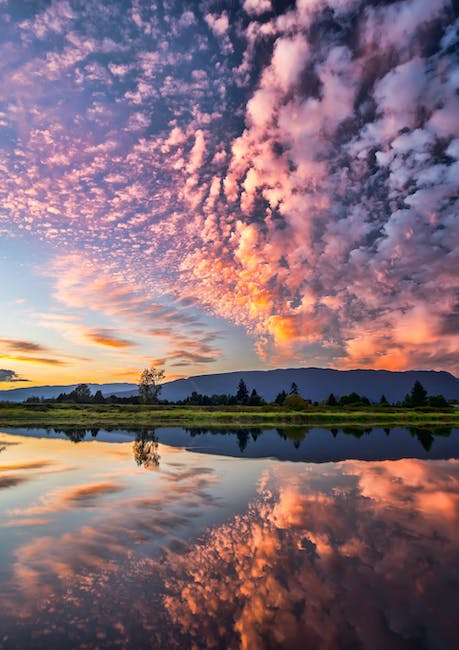
Research is essential when planning a trip. Before embarking on your solo adventure, research your destination to understand the costs associated with traveling there. It will give you an idea of how much to budget for expenses such as accommodation, food, and activities. For example, some countries or cities can be more expensive than others, and popular tourist destinations may come with higher costs.
Additionally, understanding the local currency and exchange rate can help you set a realistic budget. Research will also help you identify any festivals, holidays, or special events that might coincide with your trip, potentially impacting the availability and cost of accommodations and activities.
Lastly, research can help you plan your itinerary and identify the must-visit attractions while considering your budget.
2. Set a daily budget
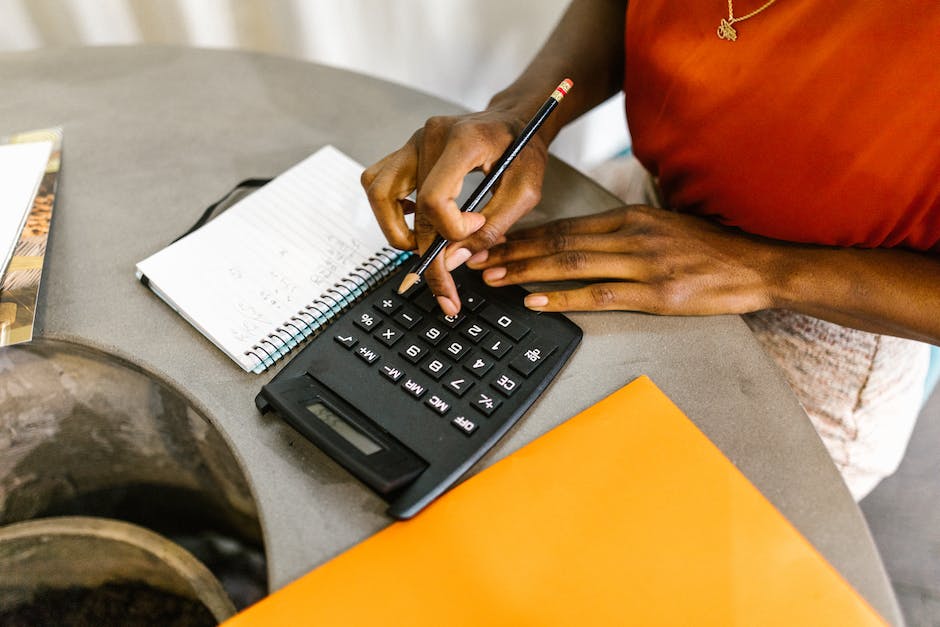
Once you’ve researched your destination, set a daily budget for your trip. This will help you keep track of your spending and prevent overspending, allowing you to enjoy your trip without financial stress. Your daily budget should be reflective of your overall budget and consider major expenses like accommodation, transportation, and food.
When setting your daily budget, be realistic about your spending habits and preferred activities. If you’re a foodie, your budget may be higher compared to someone who’s okay eating street food. Your budget should also account for unexpected costs, such as medical emergencies or unplanned transportation.
3. Choose budget-friendly accommodation
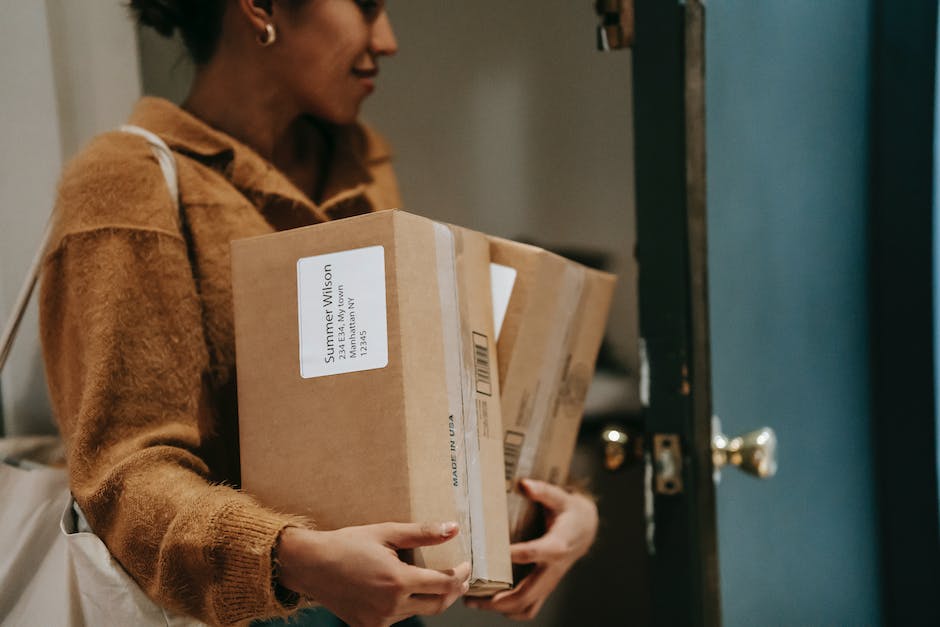
Accommodation can be one of the most significant expenses when traveling, but there are budget-friendly options available. Instead of staying at an expensive hotel, consider staying in hostels or Airbnb. Opting for shared accommodation can reduce your costs even further, and many hostels offer communal kitchens and free breakfast.
If your budget allows, you can also consider camping, which can be an exciting way to experience nature and save on accommodation costs.
When choosing where to stay, be strategic about the location. Staying in the city center may be convenient but also expensive, while staying in a less central area might require longer commutes but cheaper accommodations.
4. Cook your meals
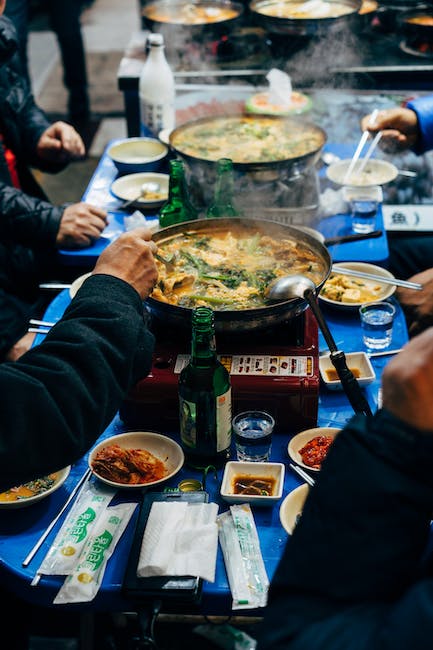
Eating out can be a significant expense when traveling, and restaurant prices can vary significantly depending on the venue and location. Instead, consider cooking your meals. This not only saves you money, but it also allows you to experience the local food culture by visiting markets and grocery stores while trying out different recipes.
If you’re staying in an Airbnb or hostel, they might have a communal kitchen you can use. Alternatively, local supermarkets or farmer’s markets can also offer fresh ingredients for cooking, which can be an exciting adventure on its own.
5. Use public transportation

Using public transportation is a budget-friendly way to get around your destination. Rather than taking taxis or renting a car, consider using buses, trains, or even renting a bike. This way, you can save money and enjoy the sights at your own pace.
Research the best transportation options available and consider purchasing a pass, especially if you plan to use it frequently. Some cities also provide tourist passes that offer discounts and free admission to attractions and public transport.
6. Take advantage of free activities
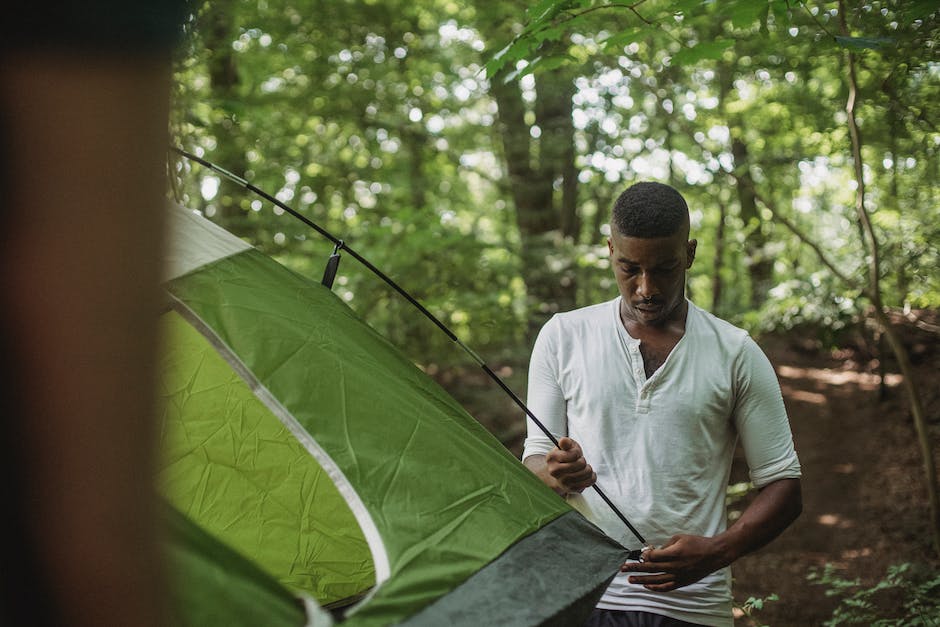
Many destinations offer free activities such as parks, museums, and cultural events. These can be an excellent way to experience the local culture without spending any money. Do your research to find out what free activities are available in your destination, so you can prioritize them in your itinerary.
There are many possibilities, including walking tours, free museums, and cultural events, and even hiking trails. These activities can give you a unique perspective on a country or city, and the best thing is they don’t cost you anything.
7. Shop smart

When traveling, it can be tempting to purchase souvenirs at every stop, but this can quickly add up. Shop smart by sticking to a budget and only purchasing items that you really want and that you can afford.
Consider purchasing items that represent the local culture, such as handmade crafts or locally produced foods and spices. These can make excellent and unique gifts to bring back home. But always remember to stick to your budget and avoid making impulse purchases.
8. Use budgeting apps
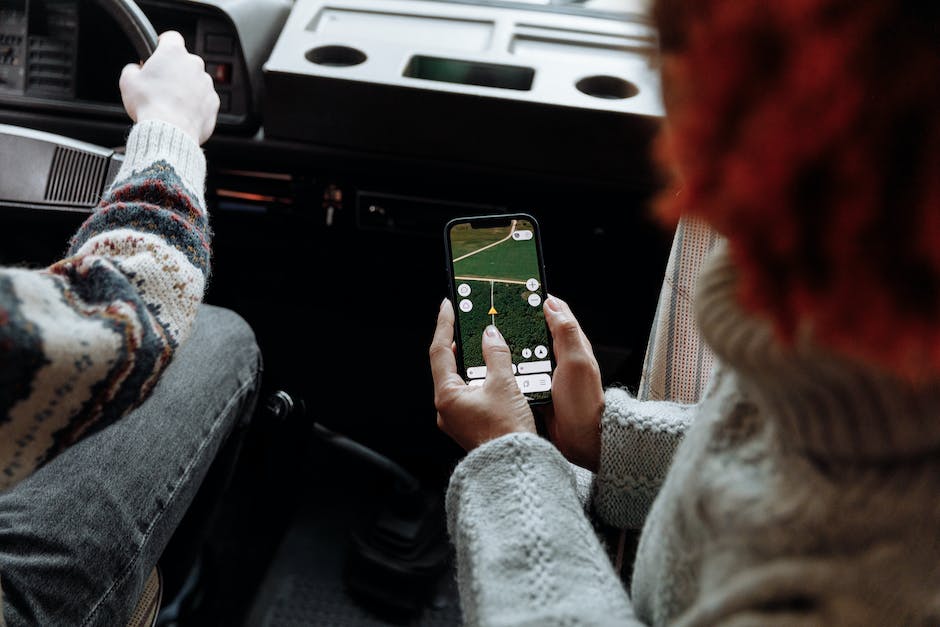
There are many budgeting apps available to help you keep track of your spending while traveling. Consider downloading one to help you stay within your budget and keep track of your expenses. These apps can track expenses, provide analytics and dashboards, and even convert currencies. Some popular budgeting apps are Mint, PocketGuard, and Wally.
Budgeting apps can also alert you of your spending habits and remind you of upcoming bills or payments. Keeping these reminders ensures you adhere to your budget and allows for having more financial peace of mind during your solo adventure.
9. Keep an emergency fund
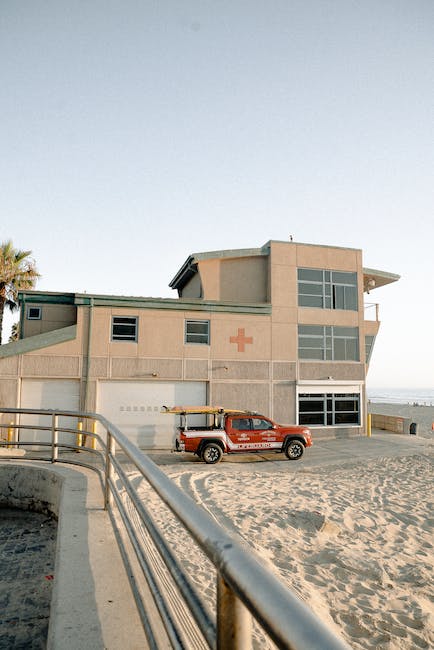
Even with careful budgeting, unexpected expenses can arise. Keeping an emergency fund can help you deal with these expenses without derailing your trip. Aim to keep at least a week’s worth of budgeted expenses in your emergency fund.
Include expenses such as medical emergencies or unplanned transportation, which can be expensive. Keeping an emergency fund ensures you’re covered in case of an emergency and keeps you from overspending on your budget.
10. Be flexible

Finally, be flexible with your budget. Unexpected expenses or opportunities can arise, and being open-minded can lead to some of the best travel experiences. Remember that budgeting can help provide financial stability while traveling, but it shouldn’t limit your sense of adventure.
Be willing to adjust your itinerary and shuffle your daily budget for unique experiences, opportunities and unforeseen events. In the end, it is about having fun and creating travel memories that will last a lifetime.

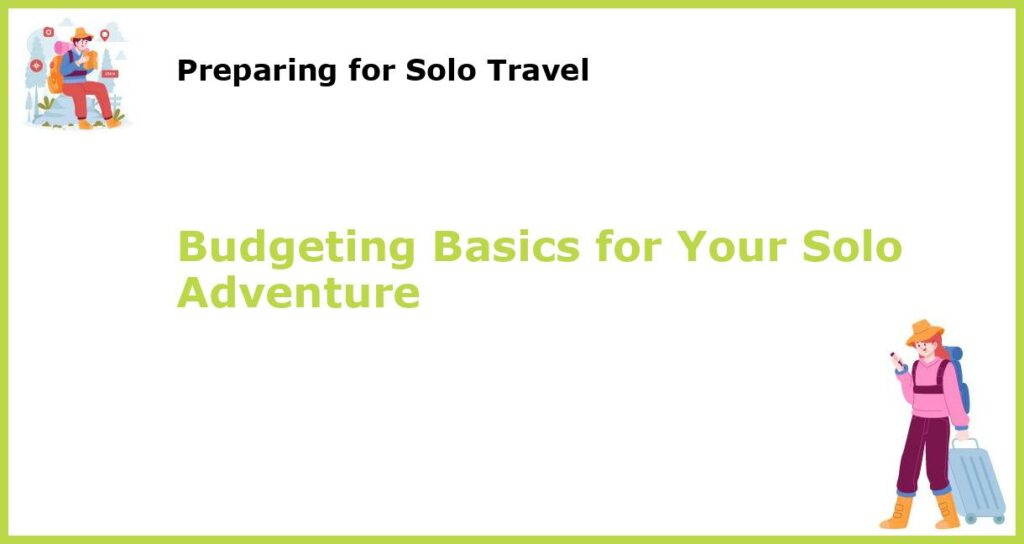






 You might also be interested in those articles related to solo traveling
You might also be interested in those articles related to solo traveling